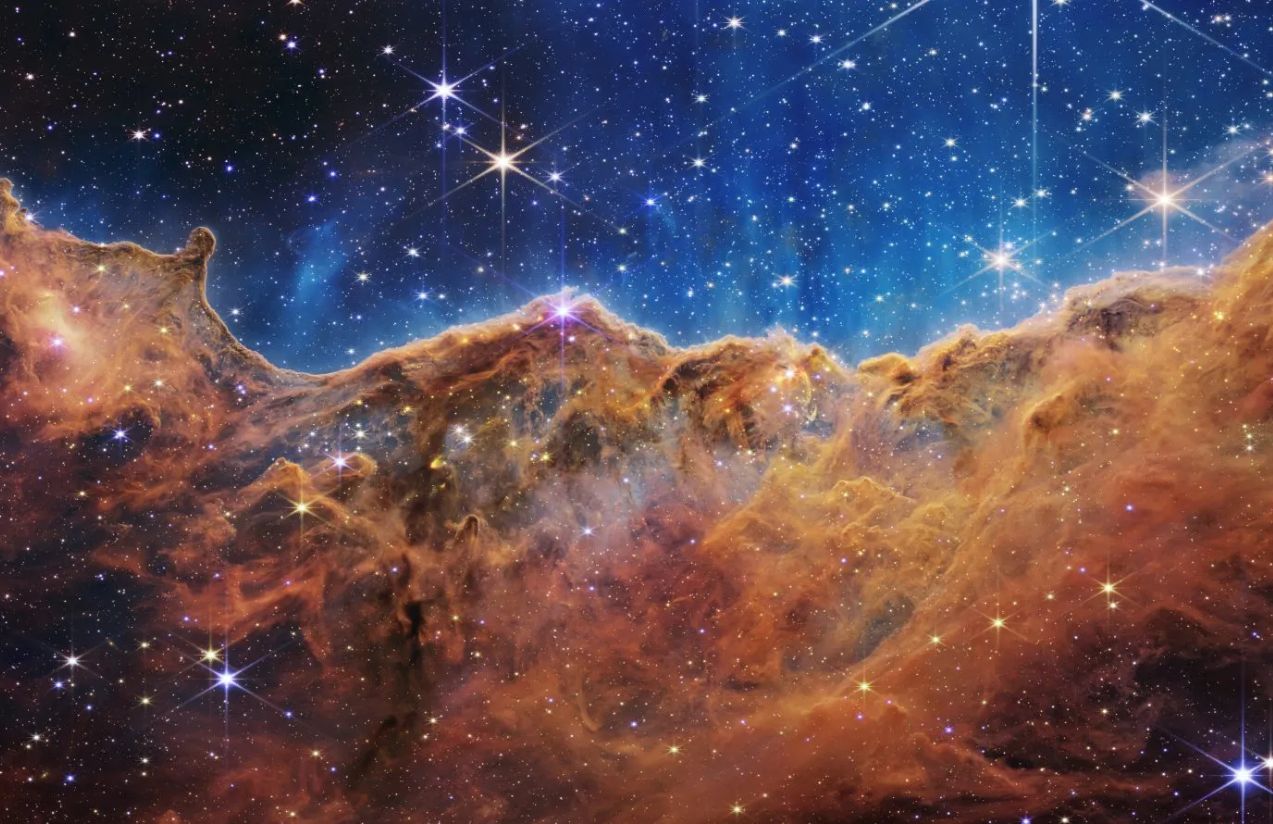The James Webb and Hubble telescopes have revealed a troubling divergence in our understanding of the universe’s expansion. Although both agree that the universe itself is expanding, they differ on how that expansion changes depending on the distances observed.
According to recent data, Hubble’s measurements align with certain traditional cosmological models, while Webb’s suggest there could be something beyond our standard theories. This discrepancy challenges some of the pillars of modern cosmology and astronomy, raising the question: ¿which of the two measurements is more reliable?
The implications are deeper than they seem.
If Webb’s findings are correct, we may need to reconsider concepts such as dark energy, the density of the universe, or even how fundamental laws operate on very large scales. However, all is not lost, as both missions will continue collecting data, cross-referencing results, and refining measurements to bring us closer to a unified explanation.
¿Could this completely change our view of the universe?
Yes. If the discrepancy between Webb and Hubble cannot be resolved within current frameworks, scientists may be forced to revise fundamental theories of cosmology and open the door to new models of the cosmos.

